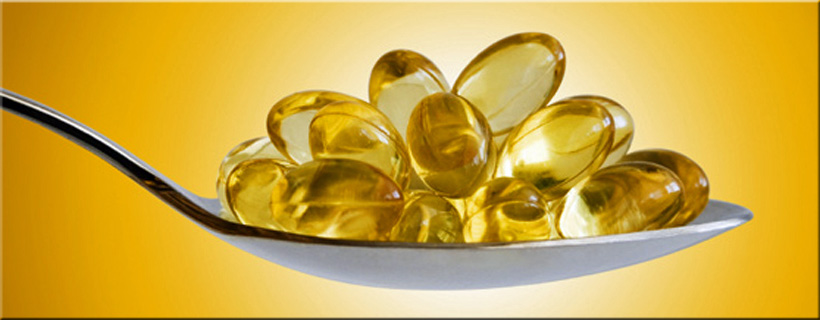|
Optima Optometry
Expert Eye Care. Quality Eyewear. Service Excellence.
|
|
| (408) 247-5102 |
Eye-Friendly Nutrients
There’s no substitute for the quality of life good vision offers.
Adding certain nutrients to your diet every day – either through foods or supplements – can help save your vision.
Researchers have linked eye-friendly nutrients such as lutein/zeaxanthin, vitamin C, vitamin E, and zinc to reducing the risk of certain eye diseases,
including macular degeneration and cataract formation.
Lutein & Zeaxanthin
Many studies show that lutein and zeaxanthin reduce the risk of chronic eye diseases. People who got the most lutein and zeaxanthin had a much lower risk for developing new cataracts. Dark green leafy vegetables are the primary source of lutein and zeaxanthin, as well as other colorful fruits and vegetables like broccoli, corn, peas, persimmons and tangerines.
Vitamin C
Scientific evidence suggests vitamin C lowers the risk of developing cataracts and when taken in combination with other essential nutrients, it can slow the progression of age-related macular degeneration and visual acuity loss. For your daily dose, try incorporating oranges, grapefruit, strawberries, papaya, green peppers and tomatoes into your diet.
Vitamin E
Vitamin E protects cells in the eyes from unstable molecules called free radicals, which break down healthy tissue. Good food sources of Vitamin E include vegetable oils (including safflower and corn oil), nuts, wheat germ and sweet potatoes.
Essential Fatty Acids
Omega-3 fatty acids are important for proper visual development and retinal function. Studies in pre-term and full-term infants suggest that getting enough omega-3 fatty acids in the diet is essential for optimal visual development. Salmon, tuna and other cold-water fish are the best sources of omega-3 fatty acids and can help reduce inflammation, enhance tear production and support the eye’s oily outer layer.
Zinc
Zinc plays a vital role in bringing vitamin A from the liver to the retina in order to produce melanin, a protective pigment in the eyes. Impaired vision, such as poor night vision and cloudy cataracts, has been linked to zinc deficiency. For natural dietary sources of zinc, try red meat, oysters and other shellfish, and nuts and seeds.
|
|
